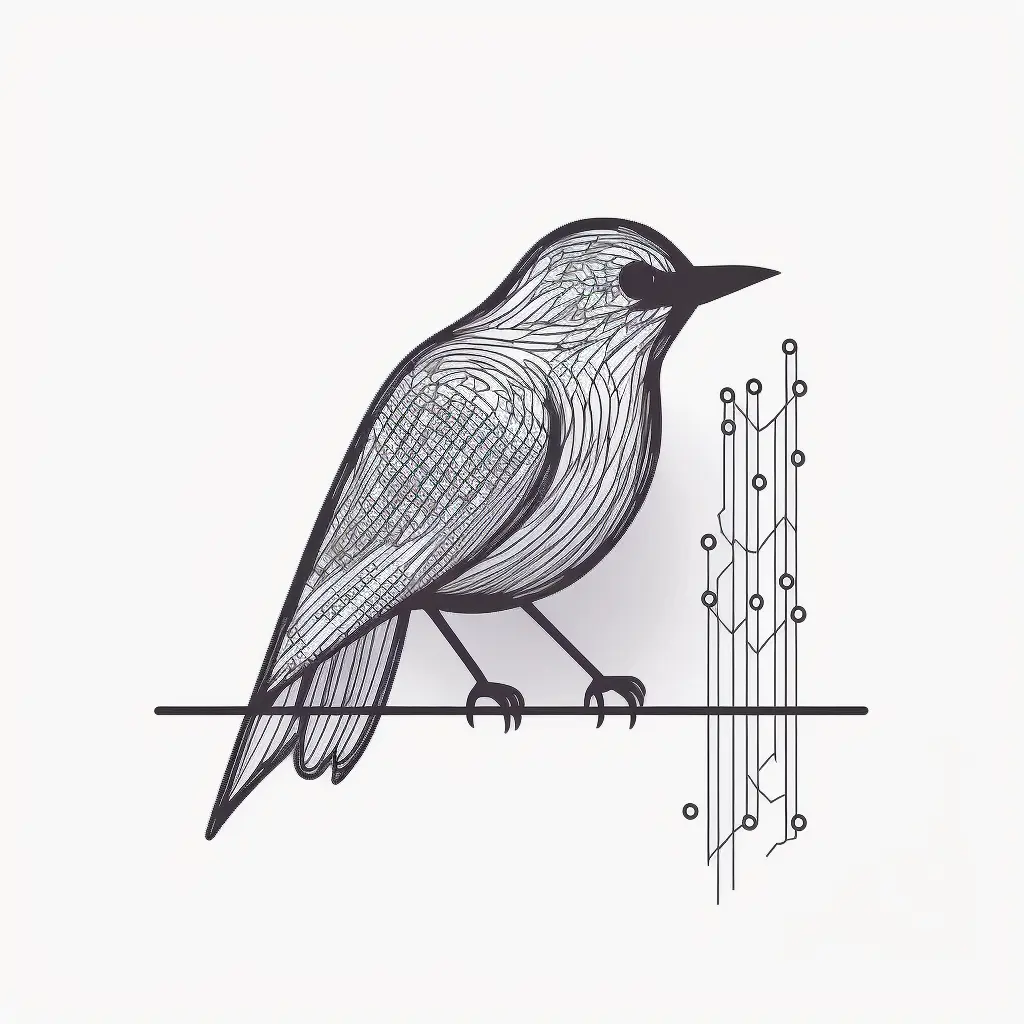1.5 degrees is what we were supposed to be carefully avoiding because it was the level at which the real bad shit started happening (emphasis on started; it gets significantly worse going forward from here, also).
It is weird that not a lot of nations have said anything along the lines of “hey this is getting serious let’s plan to stop burning more fossil fuels every year than we ever have before”
My takeaway is that most nations are extraction companies with citizens they hold hostage through economic and violent means.
There is still some money to be made you know…
It was a pleasure posting with you ladies and gentlemen.
*begins playing violin poorly*
Fuck. FUCK. FUUUUUCK.
But I mean the data has been there for a while, remember reading about this trend at the start of the year, so I had this in my bingo card.
Please please don’t let BOE happen in the next two years. PLEASE
An “ice-free” Arctic Ocean, sometimes referred to as a “Blue Ocean Event”, is often defined as “having less than 1 million square kilometers of sea ice”, because it is very difficult to melt the thick ice around the Canadian Arctic Archipelago. The IPCC AR5 defines “nearly ice-free conditions” as a sea ice extent of less than 106 km2 for at least five consecutive years.
Intro:
Sea ice in the Arctic region has declined in recent decades in area and volume due to climate change. It has been melting more in summer than it refreezes in winter. Global warming, caused by greenhouse gas forcing is responsible for the decline in Arctic sea ice. The decline of sea ice in the Arctic has been accelerating during the early twenty‐first century, with a decline rate of 4.7% per decade (it has declined over 50% since the first satellite records). Summertime sea ice will likely cease to exist sometime during the 21st century.
New study from last year: Arctic Could Be Sea Ice-Free in the Summer by the 2030s





